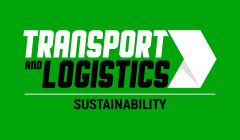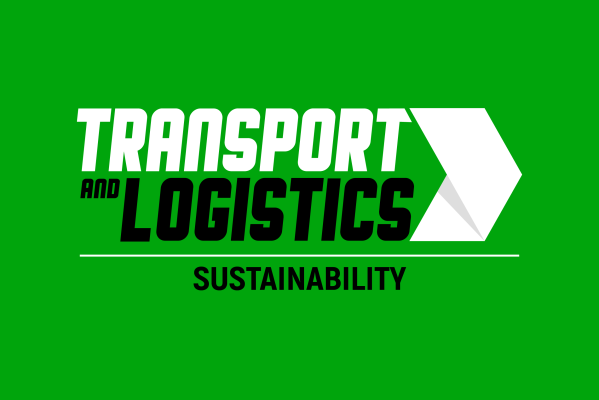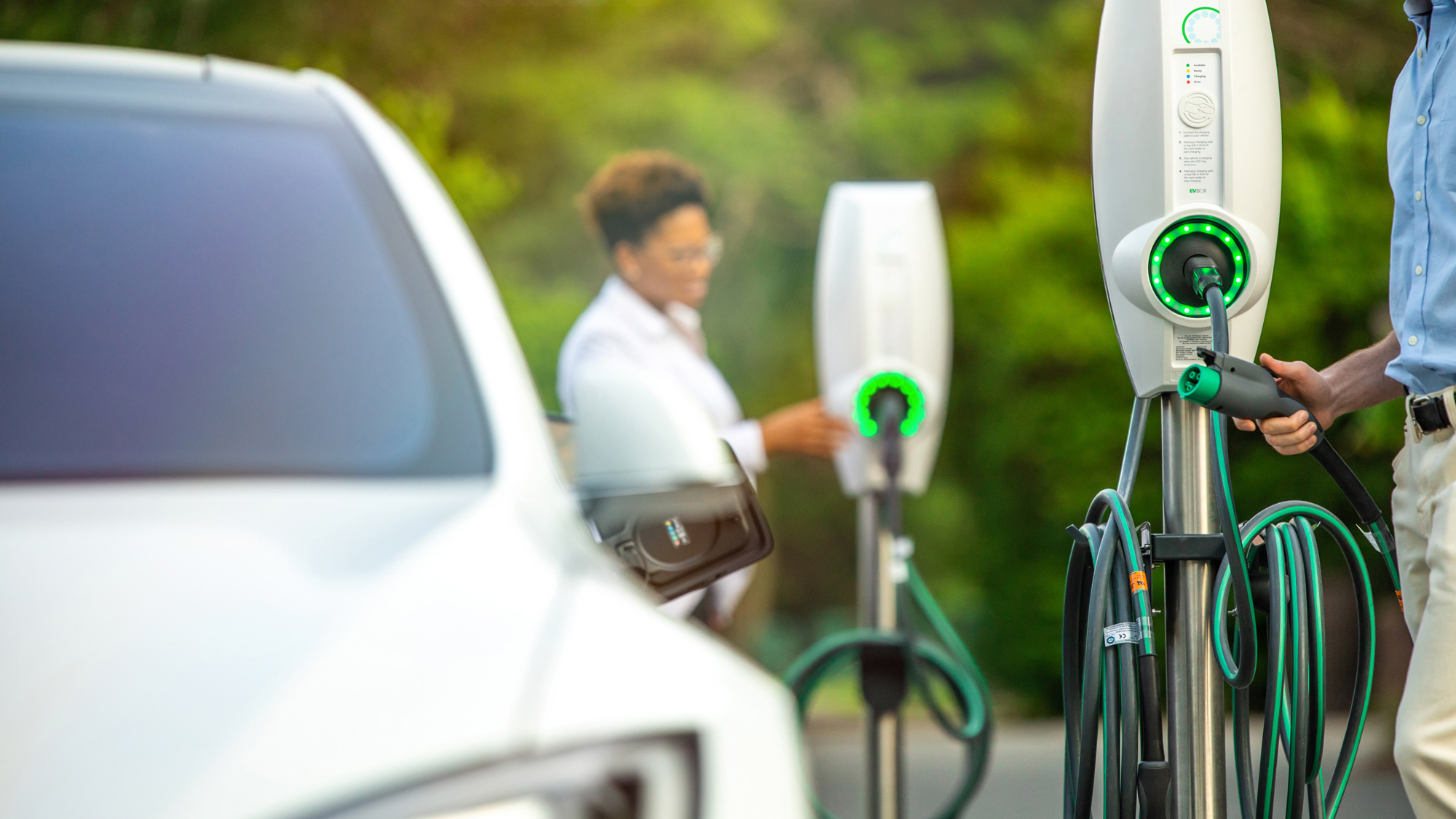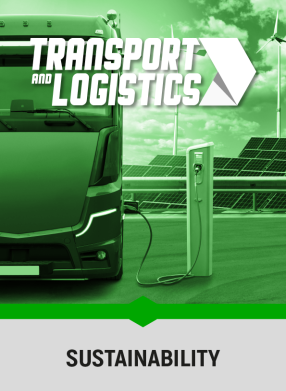Bridgestone is adding more weight to claims that UK motorists are accelerating away from internal combustion engines, with further research suggesting that an electric vehicle revolution is rapidly approaching – due in part to soaring fuel bills.
As recent statistics revealed that more EVs were purchased in March 2022 alone than in the whole of 2019 – even as the broader market slumped – Bridgestone’s latest survey with YouGov underlined a growing appetite for the technology after 2,000 motorists were questioned.
There were 39,315 new battery electric vehicle registrations during March, according to the Society of Motor Manufacturers and Traders (SMMT), compared to just 37,850 electric sales for the whole of 2019.
A follow-up survey commissioned by the tyre giants revealed that 67% of motorists intended to switch, and ever-increasing diesel and petrol costs have been given as a main reason. Of that figure, 47% want to change to an electric vehicle to save on fuel bills, while 56% are sold by the environmental benefits of EVs.
In fact, the rising cost of living has also been reflected in Bridgestone’s latest research, which also revealed that 29% of motorists would car share in the future to reduce outgoings and save money.
The survey did unearth some driver concerns about the EV switch, despite their appetite to make the change. Of the 2,000 respondents, 74% raised concerns at the initial cost of purchase, 66% also expressed worries about charging point infrastructure, while 29% had issues with insufficient range.
As a leader in mobility solutions, Bridgestone is already tackling some of the issues raised by developing its tyre technology to ensure that EVs can travel further between charges, whilst prolonging battery life. The company has also committed to install up to 3,500 new charging points across Europe over the next five years, with big plans for the UK set to be announced shortly.
Its TECHSYN technology extends the designed lifespan of a tyre by up to 30 per cent, to ultimately result in a tyre that needs to be changed less frequently and reduces the consumption of raw materials in the long-term.
And Bridgestone’s Enliten tyres allows passenger products to be reduced in weight by, on average, 10 percent from a standard premium summer touring tyre. This not only ensures that less raw materials are used to manufacture the tyres, but also contributes to the reduced rolling resistance, meaning electric vehicles can do more miles per range and be recharged less.
Bridgestone North Region Vice President Andrea Manenti said that the survey results offered a valuable insight into the minds of the general public when it comes to electric vehicles.
“The results of this survey confirm that we’re undergoing huge change in the automotive industry, and that change is happening now. We were also reminded of some common concerns still associated with EVs, which we need to tackle as an industry.
“These concerns were insightful and we are already on our own journey at Bridgestone to address them. We’re developing premium tyres that meet specific EV requirements and help deliver optimal performance.”
Bridgestone has developed a growing number of original tyre fitments specifically engineered for EVs. EV tyres currently represent 11% of Bridgestone EMIA’s total original equipment (OE) line-up for passenger cars – rising from just 4% in 2019, but this figure is expected to reach over 20% in 2024.
Its EV tyres are engineered with optimised contact pressure distribution for increased wet performance and traction, and customised pattern design to ensure optimal wear performance. The usage of new 3D sipes technology in Bridgestone’s EV tyres reduce rolling resistance – improving battery range – and extend tyre life; new generation tread compounds applying the latest mixing technology are used to obtain lower rolling resistance and better wear resistance.
Transport and Logistics Magazine | The Home of Transport Industry News












